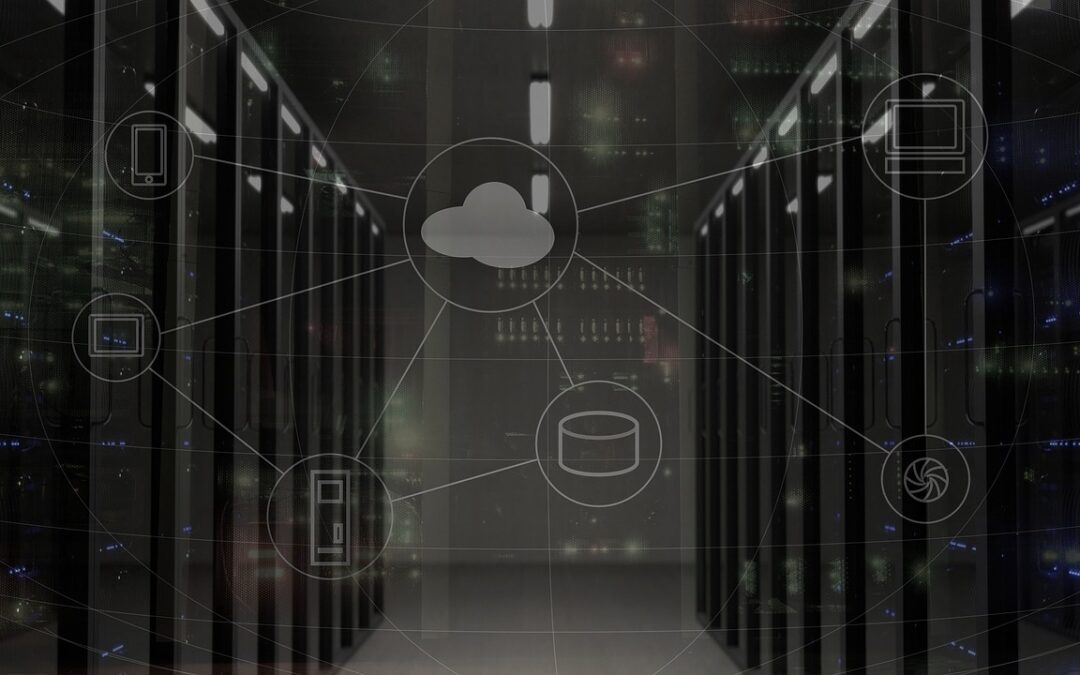Acme Business knows “the cloud” is a relatively newer concept and some may not fully trust it yet. So here we address some common cloud security misconceptions.
Some people feel hesitant about cloud security and cloud computing in general because it’s not a physical, tangible thing. That’s understandable. After all, it wasn’t all that long ago organizations relied on physical in-house servers for safe data storage.
Truthfully, as business IT and cybersecurity experts, we absolutely love the cloud. Some believe cloud computing is expensive and less secure, but that’s not true. We’re always excited to discuss the truly great potential of cloud computing and cloud security.
Debunking Misconceptions of Cloud Security & Other Functions
First step? Let’s address the many misjudgments, misnomers and inaccuracies about cloud computing.
1. ‘The Cloud is Insecure’
Many people question cloud security because of how accessible it is to its users. The cloud is accessible from anywhere, as long as there’s an internet connection. That it leaves more open to compromise, right?
But cloud security systems are STRONG!
Of course, just like a physical device with hardened security measures in place, there’s always a possibility that a bad actor can bypass defenses and gain access. Because of that risk, cloud service providers (CSPs) continually update and harden their cybersecurity systems. They add built-in security features to simplify security management and mitigate risks to secure their cloud infrastructure.
CSPs often invest more heavily in security measures compared to others to protect their customers’ data. Such investments may include things like top-level encryption, firewalls, multi-factor authentication (MFA), and much more. CSPs employ more advanced security measures than an average organization. They have dedicated security teams who detect and respond to cybersecurity threats and improve their security posture. These teams also would have the latest threat information to proactively prevent security breaches.
2. ‘Cloud Providers Have Access to My Data’
With security breaches being constantly being broadcasted on the news, people have concerns over privacy and security in the cloud industry. People believe that cloud providers have unrestricted access to customer data, but that’s not true.
CSPs follow strict and extensive data privacy laws to ensure cloud security for sensitive and confidential data. Specialized teams are committed to combating and mitigating risks by investing in security measures to monitor and manage data security.
3. ‘Cloud Computing is Too Expensive’
Looking at the initial one-time cost for CSPs can make people feel uneasy about taking that step. That initial price tag leads people to overlook the long-term savings and benefits that cloud computing provides.
Outsourcing infrastructure maintenance to cloud providers can help businesses save money on hardware, software and staffing costs. CSPs also can offer scalable infrastructure to fit business needs, including a flexible pricing model to pay only for what you use.
4. ‘The Cloud is Big Businesses Exclusive’
For all the features and benefits, many see cloud computing as a tool exclusive to big businesses. To the contrary, it’s actually an important technology for businesses of all sizes. CSPs offer pricing plans that can be scaled up or down as needed to fit a budget.
Small businesses looking at CSPs, for instance, should assess how the cloud could fit their specific processes and applications. This can range from basic file storage to big data analysis, data security, etc. The cloud also provides a range of disaster recovery options. Some would be best suited to large businesses, while others would be most applicable to midsize or small organizations.
In general, cloud computing is a powerful tool for small businesses.
5. ‘Cloud Computing is Not Compliant’
Noncompliance is also a misguided cloud security concern. Cloud computing is compliant with security regulations, measures and standards here in the United States and around the globe. CSPs comply with various regulations like HIPAA and GDPR for peace of mind. Cloud security technology allows for the tracking and monitoring of compliance with real-time visibility into data management.
Additionally, working alongside a cybersecurity partner like SentinelOne enhances compliance with regulations and standards with better security measures and data protection. An experienced managed IT service firm like Acme Business can easily identify and fix any non-compliance issues to avoid cloud security oversights (and resulting penalties).
Managed IT Services: Clearing the Air Around Cloud Computing & Security
We at Acme Business want to make sure your business secures best IT services for your budget. As the digital world continues to evolve, that’ll increasingly include cloud computing. But rest assured, cloud security is continually improving to meet regulations and evolve alongside cyber threats.
Don’t let misinformed hesitancy toward cloud computing cause your business to miss out on the immense power and opportunity it provides. Call us at (716) 372-1325 to give your business a head start and connect with us on LinkedIn for regular blogs and other content updates.


Recent Comments